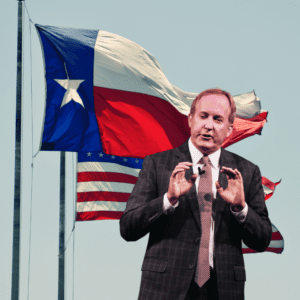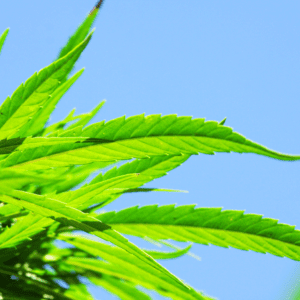Empowering Tribal Nations: Negotiations Reshape Minnesota’s Cannabis Market

Negotiations are underway in Minnesota, marking a significant step toward determining cannabis licensing for the state’s tribal nations. These discussions hold the potential to not only enable tribes to operate within their reservations but also to expand into urban areas, ushering in a new era of tribal participation in the cannabis industry.
Crucial Talks with Tribal Nations
Ten tribes are currently engaged in these pivotal negotiations, with the aim of securing licensing agreements that would allow them to venture beyond their reservations. While the Upper Sioux Community has chosen not to participate, approximately half of the involved tribes stand to benefit significantly from this evolving opportunity.
Inclusive Approach to Licensing
State Senator Lindsey Port (D) emphasized the inclusive nature of the licensing discussions, highlighting the consideration given to retail locations outside tribal lands. Port underscored the importance of accommodating these off-reservation retail opportunities in determining the number of licenses to be granted, demonstrating a commitment to equitable market access for tribal nations.
Social Equity Programs and Tribal Priorities
The negotiations align with the broader objectives of Social Equity Programs, which seek to address historical injustices associated with cannabis prohibition and promote a fairer and more inclusive industry. Port emphasized the importance of expeditiously finalizing compact agreements between the state and tribal nations to ensure that tribes can capitalize on early mover advantages in the emerging cannabis market.
Governor’s Role in Streamlining Negotiations
Governor Tim Walz (D) holds the authority to finalize compact agreements with tribal nations, bypassing legislative hurdles and expediting the negotiation process. This streamlined approach enables swift action to address tribal priorities and facilitate early access to market opportunities, reinforcing the state’s commitment to tribal sovereignty and economic empowerment.
Indigenous Cannabis Initiatives Take Root
The Red Lake reservation made history with the first legal sale of recreational marijuana in Minnesota through NativeCare, its pioneering recreational marijuana dispensary. Despite this milestone, Minnesota awaits the establishment of a broader licensing system by state officials to fully unlock the potential of the cannabis market.
Legislative Efforts to Accelerate Market Launch
In response to the growing momentum, the Minnesota House passed HF4757, a bill aimed at expediting the opening of legal cannabis retail outlets. This legislation allows for the pre-approval of cannabis retail licenses, enabling prospective retailers to secure funding and locations ahead of the market’s official launch. While the bill awaits Senate approval, Governor Walz remains optimistic about initiating cultivation early, recognizing the urgency conveyed by stakeholders eager to propel Minnesota’s cannabis industry forward.
As negotiations continue and legislative efforts gain traction, Minnesota stands on the brink of a transformative shift in its cannabis landscape, with tribal nations poised to play a central role in shaping the industry’s future.











